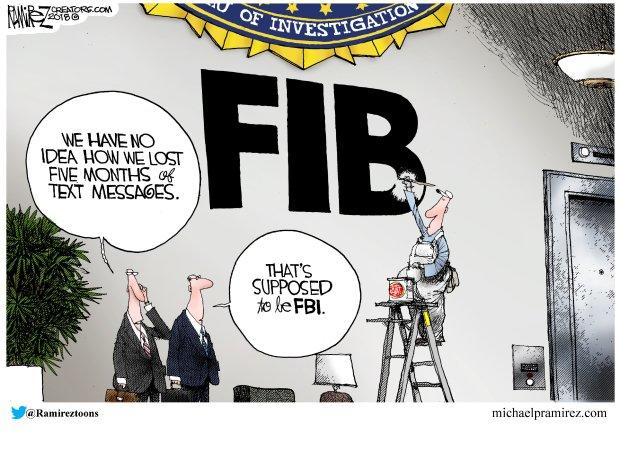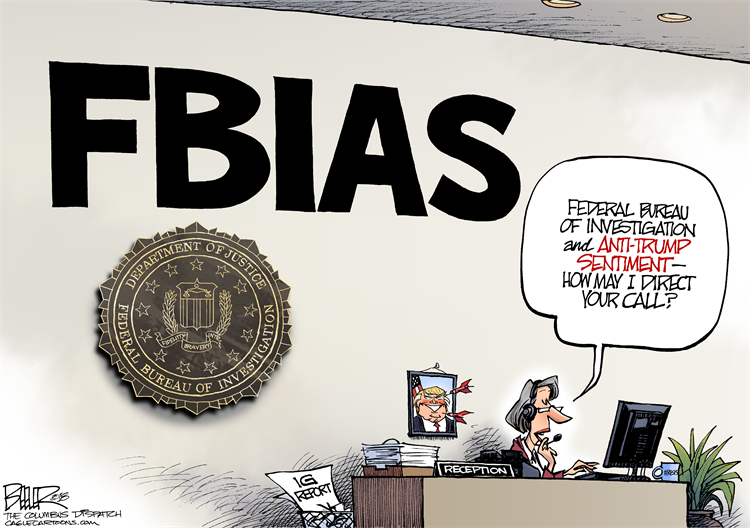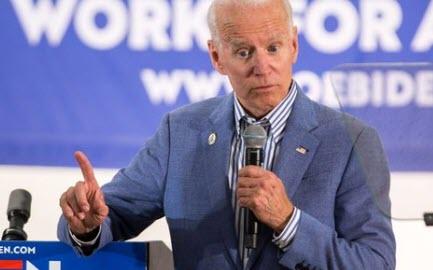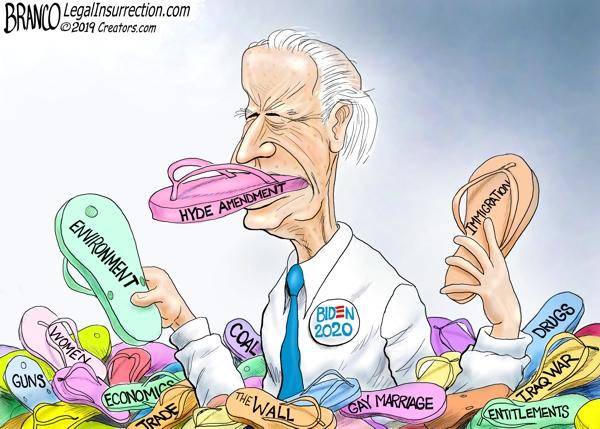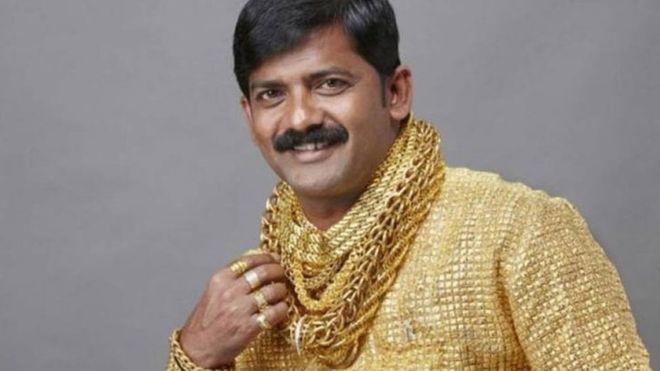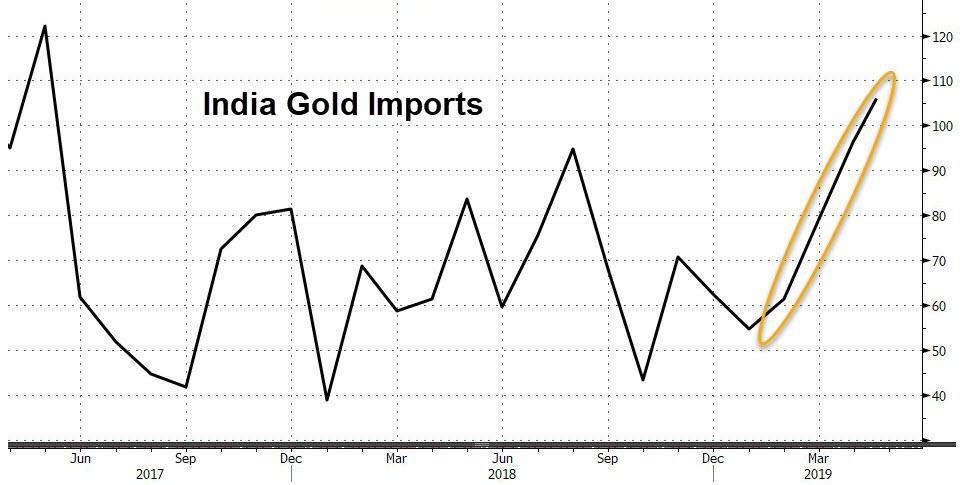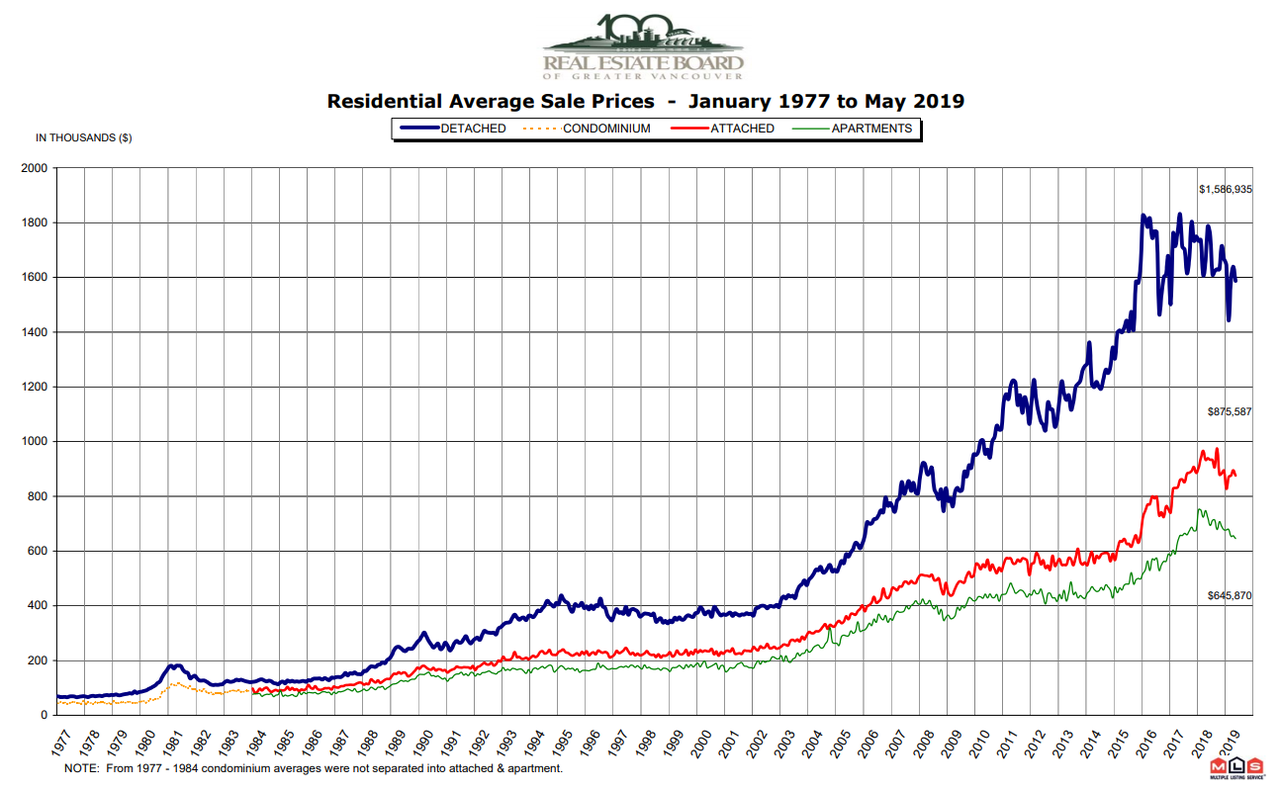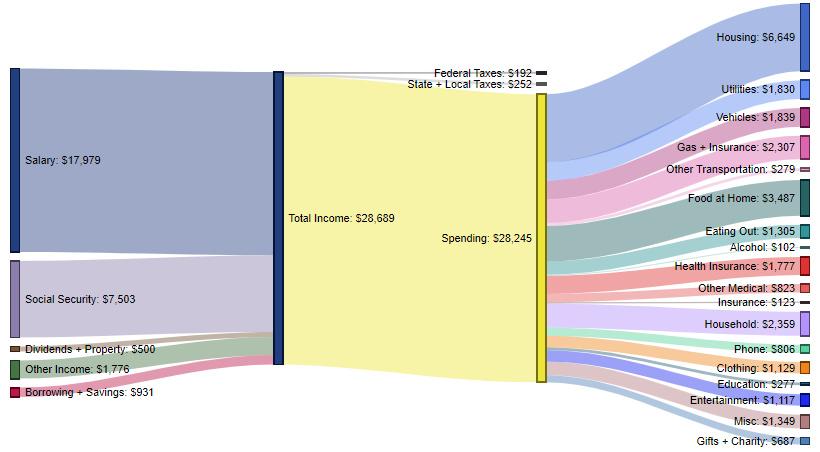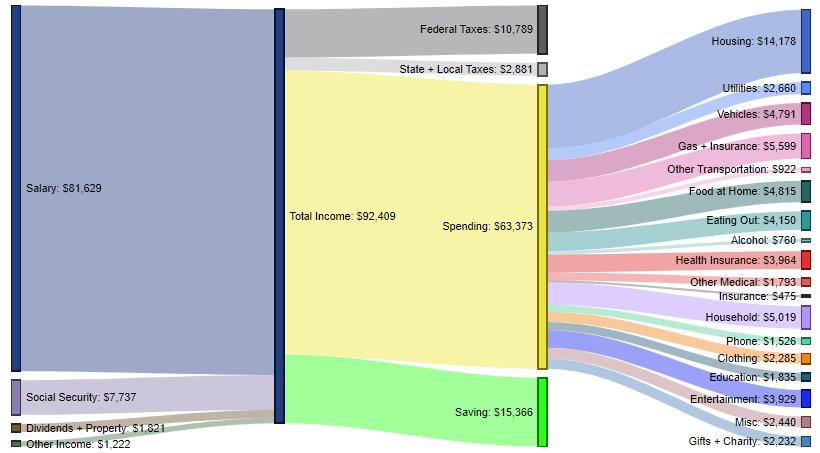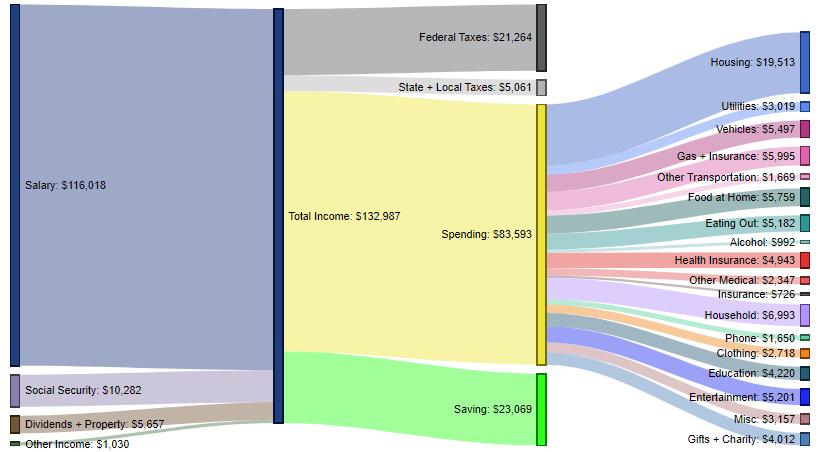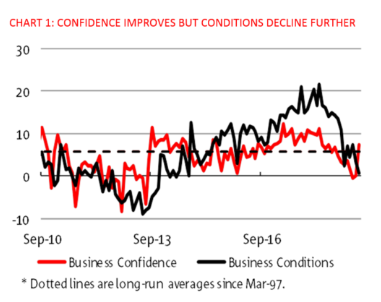Authored by Victor Davis Hanson via NationalReview.com,
After decades in the FBI, the top brass came to believe they could flout the law and pursue their own political agendas.
One of the media and beltway orthodoxies we constantly hear is that just a few bad apples under James Comey at the FBI explain why so many FBI elites have been fired, resigned, reassigned, demoted, or retired — or just left for unexplained reasons. The list is long and includes director James Comey himself, deputy director Andrew McCabe, counterintelligence agent Peter Strzok, attorney Lisa Page, chief of staff James Rybicki, general counsel James Baker, assistant director for public affairs Mike Kortan, Comey’s special assistant Josh Campbell, executive assistant director James Turgal, assistant director for office of congressional affairs Greg Bower, executive assistant director Michael Steinbach, and executive assistant director John Giacalone. In short, in about every growing scandal of the past two years — FISA, illegal leaking, spying on a presidential candidate, lying under oath, obstructing justice — someone in the FBI is involved.
We are told, however, that the FBI’s culture and institutions are exempt from the widespread wrongdoing at the top. Such caution is a fine and fitting thing, given the FBI’s more than a century of public service. Nonetheless, many of those caught up in the controversies over the Russian-collusion hoax were not recent career appointees. Rather, many came up through the ranks of the FBI. And that raises the question, for example, of where exactly Peter Strzok (22 years in the FBI) learned that he had a right to interfere in a U.S. election to damage a candidate that he opposed.
And why would an Andrew McCabe (over 21 years in the FBI) think he had the duty to formulate an “insurance policy” to take out a presidential candidate? Or why would he even consider overseeing an FBI investigation of Hillary Clinton’s improper use of emails when his wife had been a recent recipient of Clinton-related PAC money? And why would McCabe contemplate leaking confidential FBI information to the press or even dream of setting up some sort of operation to remove a sitting president under the 25th Amendment? And how did someone like the old FBI vet Peter Strozk ever end up at the center of the entire mess — opening up the snooping on the Trump campaign while hiding that fact and while briefing the candidate on Russian interference in the election, interviewing Michael Flynn, preening as a top FBI investigator for Robert Mueller’s dream team, right-hand man of “Andy” McCabe, convincing Comey to change the wording of his writ in the Clinton-email-scandal investigation, softball coddling of Huma Abedin and Cheryl Mills, instrumental in the Papadopoulos investigation con — all the while conducting an affair with fellow FBI investigator and attorney Lisa Page and bragging about his assurance that the supposedly odious Trump would be prevented from being elected. If a group of Trump zealots were to call up the FBI tomorrow and allege that a member of Joe Biden’s family has had unethical ties with the Ukrainian or Chinese government, would that gambit “alarm” the FBI enough to prompt an investigation of Biden and his campaign? How many career-professional Peter Strozks are still at the agency?
In sum, why did so many top FBI officials, some with long experience in the FBI, exhibit such bad judgment and display such unethical behavior, characterized by arrogance, a sense of entitlement, and a belief that they were above both the law and the Constitution itself? Were they really just rogue agents, lawyers, and administrators, or are they emblematic of an FBI culture sorely gone wrong?
How and why would James Comey believe that as a private citizen he had the right to leak classified memos of presidential conversations that he had recorded on FBI time and on FBI machines?
Does the FBI inculcate behavior that prompts its officials to repeatedly testify under oath that they either don’t know or can’t remember – in a fashion that would earn an indictment for most similarly interrogated private citizens? Was Strozk’s testimony to the Congress emblematic of a career FBI agent in his full? Was Comey’s? Was McCabe’s?
To answer those questions, perhaps we can turn to an analogous example of special counsel and former FBI director Robert Mueller. We are always advised something to the effect that the admirable Vietnam War veteran and career DOJ and FBI administrator Bob Mueller has a sterling reputation, and thus we were to assume that his special-counsel investigation would be free from political bias. To suggest otherwise was to be slapped down as a rank demagogue of the worse kind.
But how true were those beltway narratives? Mueller himself had a long checkered prosecutorial and investigative career, involving questionable decisions about the use of FBI informants in Boston, and overseeing absolutely false FBI accusations against an innocent suspect in the sensationalized anthrax case that began shortly after 9/11.
The entire Mueller investigation did not reflect highly either on Mueller or the number of former and current DOJ and FBI personnel he brought on to his team. In a politically charged climate, Mueller foolishly hired an inordinate number of political partisans, some of whom had donated to the Clinton campaign, while others had legally defended the Clinton Foundation or various Clinton and Obama aides. Mueller’s point-man Andrew Weissman was a known Clinton zealot with his own past record of suspect prosecutorial overreach.
Mueller did not initially disclose why FBI employees Lisa Page and Peter Strozk were taken off his investigative team, and he staggered their departures to suggest that their reassignments were normal rather than a consequence of the couple’s unprofessional personal behavior and their textual record of rank Trump hatred. Mueller’s very appointment was finessed by former FBI director and Mueller friend James Comey and was largely due to the hysteria caused by Comey’s likely felonious leaks of confidential and classified FBI memos — a fact of no interest to Mueller’s soon-to-be-expanded investigation.
During the investigation, Mueller was quite willing to examine peripheral issues such as the scoundrelly behavior of former Trump lawyer Michael Cohen and the inside lobbying of Paul Manafort for foreign governments. Fine. But Mueller was curiously more discriminating in his non-interest in crimes far closer to the allegations of Russian collusion. That is, he was certainly uninterested about how and when the basis for his entire investigation arose — the unverified and fallacious Steele dossier that had been deliberately seeded among the FBI, CIA, and DOJ to achieve official imprimaturs so it could then be leaked to the press to ruin the campaign, transition, and presidency of Donald Trump.
Mueller’s team also deliberately edited a phone message from Trump counsel John Dowd to Robert Kelner, General Michael Flynn’s lawyer, to make it appear incriminating and possibly unethical or illegal. Only after a federal judge ordered the full release of the transcript did the public learn the extent of Mueller’s selective and misleading cut-and-paste of Dowd’s message.
Mueller’s own explanations about the extent to which he was guided by the precedent of presidential exemption from indictment are at odds with his own prior statements and in conflict with what Attorney General Barr has reported from a meeting with Mueller and others. In those meetings, Mueller assured that he was after the truth and did not regard prior legal opinions about the illegality of indicting a sitting president as relevant to his own investigations. But when he essentially discovered he had no finding of collusion, he then mysteriously retreated to the previously rejected notion that he was powerless to indict Trump on a possible obstruction charge.
Mueller displayed further contortions when he recited a number of alleged Trump wrongdoings but then backed off by concluding that, while such evidence for a variety of different reasons did not justify an indictment of Trump, nonetheless Trump should not be exonerated of obstruction of justice.
Mueller thereby established a new but lunatic precedent in American jurisprudence in which a prosecutor who fails to find sufficient cause to indict a suspect nonetheless releases supposedly incriminating evidence, with a wink that the now-besmirched suspect cannot be exonerated of the alleged crimes. Think what Mueller’s precedent of not-not-guilty would do to the American criminal-justice system, as zealous prosecutors might fish for just enough dirt on a suspect to ruin his reputation, but not find enough for an indictment, thereby exonerating their own prosecutorial failure by defaming a “guilty until proven innocent” suspect.
It is becoming increasingly apparent that Mueller’s team knew early on in their investigation that his lead investigators Peter Strzok and Lisa Page had been correct in their belief that there was “no there there” in the charges of collusion — again the raison d’être of their entire investigation.
Yet Mueller’s team continued the investigation, aggregating more than 200 pages of unverified or uncorroborated news accounts, online essays, and testimonies describing all sorts of alleged unethical behavior and infelicities by Trump and his associates, apparently in hopes of compiling their own version of something like the Steele dossier. Mueller sought to publish a compendium of Trump bad behavior that fell below the standard of criminal offense but that would nonetheless provide useful fodder for media sensationalism and congressional partisan efforts to impeach the now supposedly not-not guilty president.
Note again, at no time did Muller ever investigate the Steele dossier that had helped to create his existence as special counsel, much less whether members of the FBI and DOJ had misled a FISA court by hiding critical information about the dossier to obtain wiretaps of American citizens, texts that Mueller himself would then use in his effort to find criminal culpability.
We were told throughout the 22-month investigation that “Bob Mueller does not leak.” But almost on a weekly schedule, left-wing cable news serially announced in formulaic fashion that “the walls were closing in on” and the “noose was tightening around” Trump as another “bombshell” disclosure was anticipated, according to “sources close to the Mueller investigation,” “unnamed sources,” and “sources who chose to remain unidentified.” On one occasion, CNN reporters mysteriously showed up in advance at the home of a Mueller target, to capture on camera the arrival of paramilitary-like arresting officers.
When it is established beyond a doubt that foreign surveillance of and contact with George Papadopoulos was used to entrap a minor Trump aide as a means of providing an ex post facto justification for the earlier illegal FBI and CIA surveillance of the Trump campaign, and when it is shown without doubt that Steele had little if any corroborating evidence for his dirty dossier, Mueller’s reputation unfortunately will be further eroded.
Yet the question is not merely whether a Comey, McCabe, or Mueller is atypical of the FBI. Rather, where in the world, if not from the culture of the FBI, did these elite legal investigators absorb the dangerous idea that FBI lawyers and investigators could flout the law and in such arrogant fashion use their vast powers of the government to pursue their own political agendas? And why was there no internal pushback at a supercilious leadership that demonstrably had gone rogue? Certainly, the vast corpus of the Strzok-Page correspondence does reflect a unprofessional, out-of-control culture at the FBI.
Just imagine: If an agent Peter Strozk interviewed you and overstepped his purview, would you, the aggrieved, then appeal to his boss, Andrew McCabe? And if Andrew McCabe ignored your complaint, would you, the wronged, then seek higher justice from a James Comey, who in turn might rely on a legal opinion from a Lisa Page or a brief from a James Baker? And failing that, might a Robert Mueller as an outside auditor rectify prior FBI misconduct?
Fairly or not, the current FBI tragedy is that an American citizen should be duly worried about his constitutional rights any time he is approached by such senior FBI officials. That is not a slur on the rank and file, but the legacy of the supposed best and brightest of the agency and their distortions of the bureau’s once professional creed.
* * *
If you enjoyed this article, we have a proposition for you: Join NRPLUS. Members get all of our content (including the magazine), no paywalls or content meters, an advertising-minimal experience, and unique access to our writers and editors (conference calls, social-media groups, etc.). And importantly, NRPLUS members help keep NR going. Consider it?
via ZeroHedge News http://bit.ly/31pWLqx Tyler Durden
